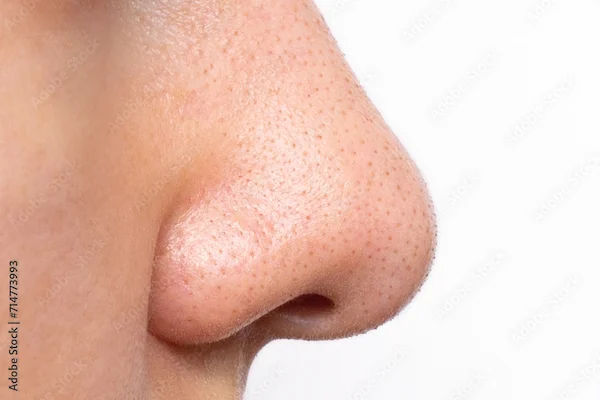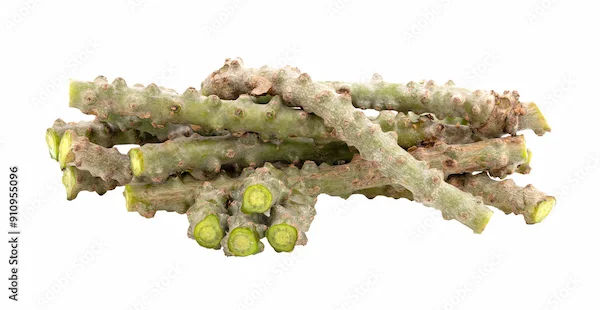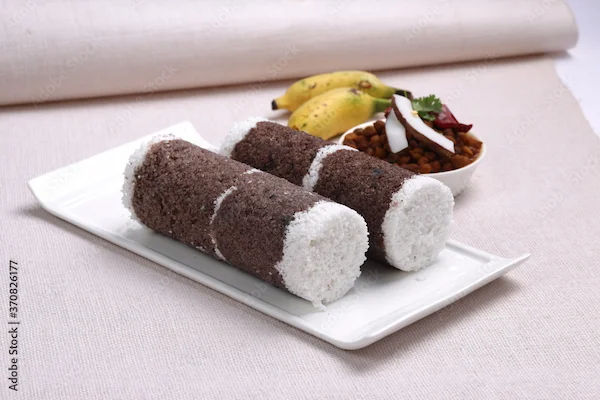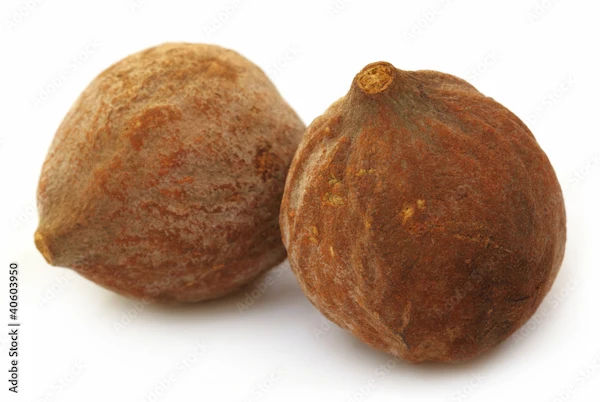How To Reduce Swelling In Feet?
Explore the common causes of foot swelling, effective home remedies, treatment options, and lifestyle changes to reduce discomfort. Learn how to diagnose swelling in your feet and when to seek medical help.

Written by
Last updated on 3rd Jul, 2025
Swelling in the feet is usually caused by edema or inflammation. Edema occurs when too much fluid gets trapped in body tissues, leading to swelling and puffiness, especially in the feet. Meanwhile, inflammation is the body's natural response to injury, infection, or illness and can be acute (short-term) or chronic (long-term).
Everyday activities such as sitting or standing for long periods and eating salty foods can increase the risk of edema and inflammation. Certain health conditions can also make swelling more likely.
Read on to discover the possible causes of swollen feet, home remedies, required dietary changes and more.
Common Causes of Swollen Feet
Swelling in the feet can happen due to several health issues, lifestyle factors, and medical conditions. Here are some common causes:
Edema
It is the swelling that occurs when excess fluid accumulates in the body's tissues. This condition mostly affects the legs and feet but can also occur in the face or hands. Some common signs of edema include:
Shiny, stretched skin
Skin that stays dimpled after pressing
Discomfort and difficulty moving
Coughing or trouble breathing (if it affects the lungs)
Foot or Ankle Injury
Swelling can also occur in the foot or ankle due to an injury. For example, a sprained ankle, which occurs when ligaments are overstretched, can cause the foot to swell.
Pregnancy
During late pregnancy, swelling in the feet and ankles is common. It happens due to fluid retention and increased pressure on the veins.
Preeclampsia
Severe, sudden swelling during pregnancy may be a sign of preeclampsia, a serious condition causing high blood pressure and fluid retention. If untreated, it can lead to eclampsia, which is life-threatening. Some common signs include:
Severe swelling
Headaches, dizziness
Nausea, vomiting
Blurred vision
Less urination
High blood pressure
Seizures
Lifestyle Factors
Certain habits can even cause swollen feet, such as:
Sitting too much or not being active
Being overweight
Wearing shoes that don’t fit well
Consuming excessive amounts of salty food
Diagnosis and Evaluation of Swelling in Feet
If a person experiences leg pain and swelling after sitting for an extended period, such as during a long flight, they should consult a doctor. This is especially crucial if the symptoms appear on one side.
It may indicate deep vein thrombosis (DVT), a serious blood clot condition. An appointment can be scheduled if they have:
Swelling with stretched or shiny skin
Skin that stays dimpled after pressing
Additionally, immediate medical attention should be sought if an individual experiences:
Shortness of breath
Irregular heartbeat
Chest pain
These could be signs of pulmonary edema (fluid in the lungs), which needs urgent treatment. A doctor will examine the swelling, review the patient's medical history, and conduct a physical assessment. This may be sufficient to determine the cause.
However, in some cases, medical professionals may use several diagnostic tests to identify the cause of swelling, including:
Blood tests (CBC or blood chemistry) to check for health issues.
X-rays of the chest or affected area to look for problems.
Doppler ultrasound to check blood flow in leg veins.
Electrocardiogram (ECG) to monitor heart function.
Urinalysis to check for kidney issues.
Treatment generally depends on the specific cause of foot swelling. Diuretics (water pills) may help reduce swelling but can have side effects. If the swelling is not due to a serious condition, home remedies should be tried first before using medication.
Home Remedies to Reduce Swelling in Feet
Regular exercise and maintaining a healthy weight can help prevent foot swelling. Other helpful home remedies to reduce swelling include:
Wearing compression socks or stockings
Soaking feet in cool water
Keeping feet raised above heart level
Staying active
Losing weight if needed
Following a nutritious diet with reduced salt intake
Massaging the feet
Dietary Changes to Manage Feet Swelling
An anti-inflammatory diet mainly focuses on eating foods that help reduce inflammation and avoiding those that can cause triggers. This may help ease symptoms of chronic inflammation.
While it is usually safe to try out various anti-inflammatory food items, consulting a doctor is the best way to develop the right diet. Generally, such diet plans include:
Fruits and vegetables
Beans and legumes
Whole grains
Olive oil
Nuts and seeds
Fatty fish
Low-fat or fat-free dairy
Herbs and spices for seasoning
Some foods to avoid during foot swelling include:
Added sugars (in food and drinks)
Ultra-processed foods
Refined carbs (white bread, flour tortillas)
Tropical oils (coconut, palm)
Saturated fats
High-fat red or processed meats
Fried and fatty foods
Excess caffeine and alcohol
Medical Treatments for Swollen Feet
Following are some recommended medical treatments for swollen feet:
Mild swollen feet often get cured on their own. Wearing compression socks and keeping the swollen limb raised above the heart can also help.
For more severe cases, diuretics (water pills) such as furosemide (Lasix) help remove extra fluid through urine. A healthcare professional will decide if these are required.
However, the main focus is treating the cause of swelling. If a medication is responsible, the doctor may adjust the dose or find an alternative.
Importance of Hydration to Reduce Swelling in Feet
A person's fluid requirements can change depending on their activity level, the weather, and their overall health. Therefore, drinking enough water is essential for overall health and can help prevent swelling in the feet. Here’s how:
Staying hydrated helps flush out excess salt and toxins that can cause fluid retention.
Proper hydration supports healthy circulation and even prevents swelling in the feet and legs.
Drinking enough water helps balance electrolytes while reducing the risk of fluid buildup.
Adults should drink 6–8 glasses (1.5–2 litres) of water daily to reduce swollen feet.
Herbal teas, fruits, and water-rich foods can also contribute to daily hydration and prevent swelling.
Prevention Tips for Swollen Feet
Lifestyle Changes to Prevent Swelling in Feet
By adopting some simple lifestyle changes, one can easily prevent swelling in the feet. They include:
Some individuals use Epsom salt baths to reduce swelling and muscle pain, but there is limited scientific proof of its effectiveness. Thus, it is advisable to consult a doctor before implementing.
Avoid staying in one position for too long. Walk around, stretch, and flex the feet and knees often to keep circulation flowing.
Wearing shoes that fit well and provide good support can help prevent swelling and discomfort. Avoid tight or high-heeled shoes that may restrict circulation.
Magnesium may help with fluid balance. Foods like almonds, cashews, spinach, potatoes, and brown rice are good sources. A doctor may recommend supplements if required.
High sodium intake can lead to water retention and swelling. Choose low-sodium foods and avoid processed or packaged meals.
Extra weight can put pressure on a person's feet and worsen swelling. Losing weight may help ease the strain and improve circulation.
Gently massaging the feet in an upward direction can help move fluid and promote relaxation.
Potassium regulates sodium levels and helps decrease water retention. Foods such as bananas, potatoes, oranges, lentils, and beans are excellent options. Always check with a doctor before increasing potassium, especially if a person has kidney issues.
Conclusion
Swelling in the feet can occur due to several health issues, lifestyle factors, and medical conditions. Simple home remedies such as staying hydrated, elevating feet, and wearing compression socks may help. Additionally, having a diet of anti-inflammatory foods and avoiding ultra-processed items can be really effective.
However, if the problem persists, consulting a healthcare professional is crucial to detect underlying issues and get the right treatment.
Consult Top General Physicians
Consult Top General Physicians

Dr. M L Ezhilarasan
General Practitioner
6 Years • MBBS
Visakhapatnam
Apollo 24|7 Clinic - Andhra Pradesh, Visakhapatnam

Dr. Lakshmi Sanjitha Kakani
General Physician/ Internal Medicine Specialist
6 Years • MBBS, MD (General Medicine)
Visakhapatnam
Apollo 24|7 Clinic - Andhra Pradesh, Visakhapatnam

Dr. Praveen Kumar Mukka
General Physician/ Internal Medicine Specialist
21 Years • MBBS, MD General Medicine
Hyderabad
Apollo 24|7 Clinic - Telangana, Hyderabad

Dr. Lakshmi Sindhura Kakani
General Physician/ Internal Medicine Specialist
10 Years • MBBS, MD (General medicine)
Visakhapatnam
Apollo 24|7 Clinic - Andhra Pradesh, Visakhapatnam

Dr. Shaik Abdul Kalam
General Practitioner
3 Years • MD (Physician)
Visakhapatnam
Apollo 24|7 Clinic - Andhra Pradesh, Visakhapatnam
(100+ Patients)




_0.webp)